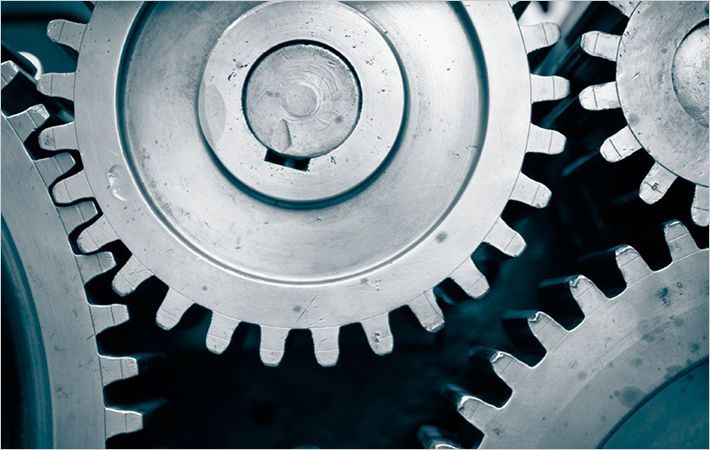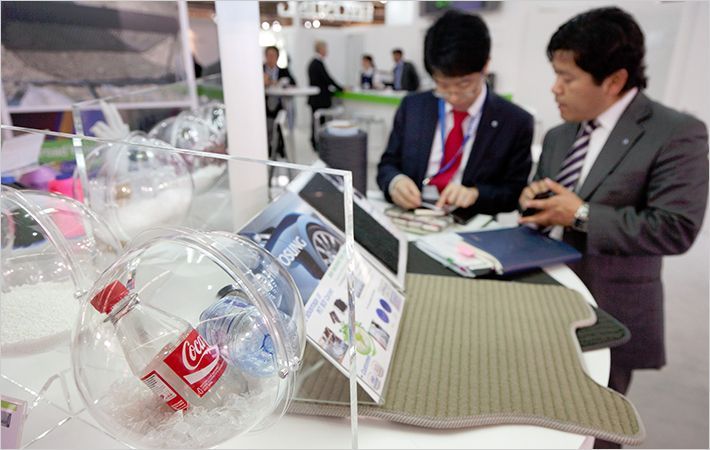"With this technology, we are getting closer to the goal of a widely clinically applicable liquid biopsy, where we can sample cancer cells by a simple blood draw and understand the genes that allow them to grow," said Dr. Antoni Ribas, a professor of meedicine in the division of hematology–oncology, a Jonsson Cancer Center member and one of Tseng's key collaborators. "With the NanoVelcro chips, we will be able to better personalize treatments to patients by giving the right treatment to stop what makes that particular cancer grow."
Dr. Roger Lo, another key Tseng collaborator and an assistant professor in UCLA's department of medicine, division of dermatology, and department of molecular and medical pharmacology, was also optimistic about the new method.Researchers at UCLA report that they have refined a method they previously developed for capturing and analyzing cancer cells that break away from patients' tumors and circulate in the blood. With #
"This scientific advancement — being able to capture the melanoma cells in transit in the blood and then perform genetic analysis on them — will in principle allow us to track the genomic evolution of melanoma under BRAF-inhibitor therapy and understand better the development of drug resistance," said Lo, who is also a member of the Jonsson Cancer Center.
UCLA's Jonsson Comprehensive Cancer Center has more than 240 researchers and clinicians engaged in disease research, prevention, detection, control, treatment and education. One of the nation's largest comprehensive cancer centers, the Jonsson Center is dedicated to promoting research and translating basic science into leading-edge clinical studies. In July 2012, the Jonsson Cancer Center was once again named among the nation's top 10 cancer centers by U.S. News & World Report, a ranking it has held for 12 of the last 13 years.
UCLA


